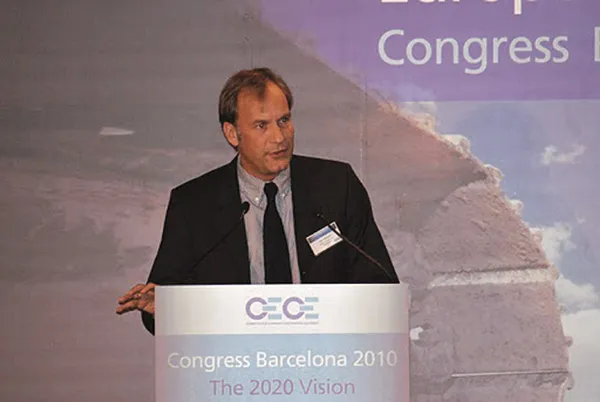
The Norwegian Public Roads Administration has adopted an action plan to reduce direct greenhouse gas emissions by 55% by 2030 compared to the 2020 level.
The plan by the administration (Statens Vegvesen) is in line with the agency’s sustainability strategy and climate commitments under the Paris Agreement. It sets stricter fuel requirements for off-road machinery in all future projects. This will ensure energy consumption on its construction sites will increasingly consist of electricity or hydrogen up to 2027, according to a report by the Norwegian business newspaper Byggeindustrien.
The administration said a recent report by Norconsult suggests that access to alternative fuels in Norway is not a major issue for most infrastructure project. But the administration said getting the fuel and energy that last mile to where is can be easily and efficiently accessed by machinery is one of the biggest challenges when converting to non-fossil fuels.
There is also the challenge of equipment manufactures not having the necessary equipment for a particular job able to run on alternative fuels. But by the Administration giving warning that it is going down the alternative-fuel route now, manufacturers can be assured that they will have a predictable market for their prototypes. It should also give a nudge to contractors who are hesitant
Per Fjeldal, climate advisor with Statens Vegvesen, said that there already exists some “low-hanging fruit” where the use of alternative fuels can easily be implemented such as electric trucks which can be phased in relatively quickly. Medium-sized dumpers are already being built in Norway and the largest will be available via import deals and rentals.
“Our experience so far is that the development of electric construction machinery is now happening faster than we could have predicted just a few years ago,” he said. “[Challenges that] many thought were insurmountable now have a solution.”
Fjeldal said the agency has been gaining experience in alternative energy use though construction of the E39 Rogfast project where the tunneling has been done almost emission-free. The work includes construction of nearly 27km of tunnels and is intended to reduce driving time between Stavanger and Bergen. Similarly, all projects that carry out stone crushing on or near sites can make provision for electric crushers.
He acknowledged that some project and contractors may find going down this route too costly and impractical when put against the financial benefits of the work. To this end, Statens Vegvesen will design into contracts financial incentives and exemptions from more stringent rules requiring the use of alternative fuels. The real issue, he noted, is to not jeopardise the project and risk delays as the work progresses.
None of the proposed requirements will be adopted without close consultation with contractors on the costs and feasibility of going for alternative-fuel equipment.








